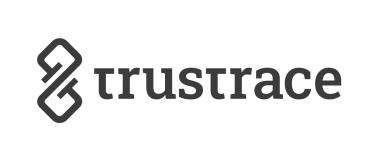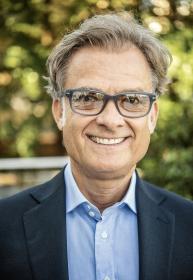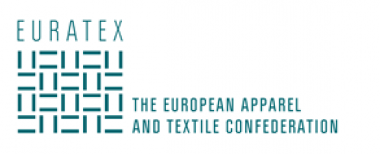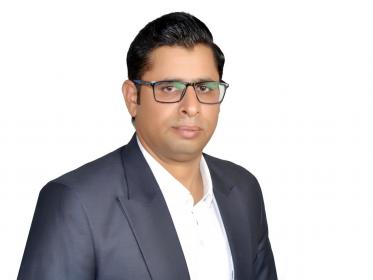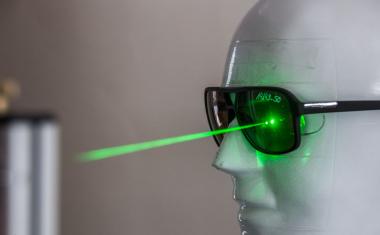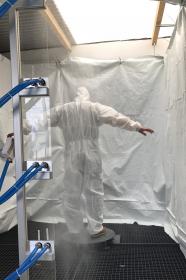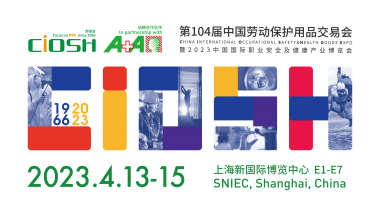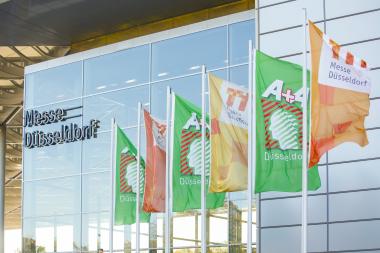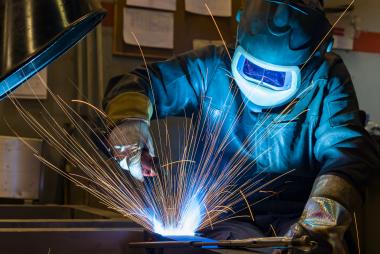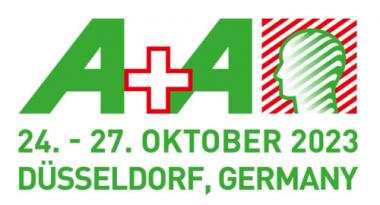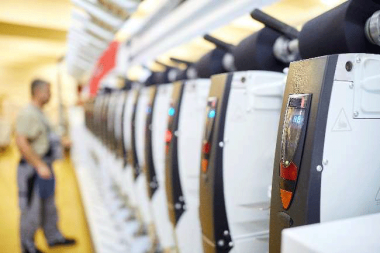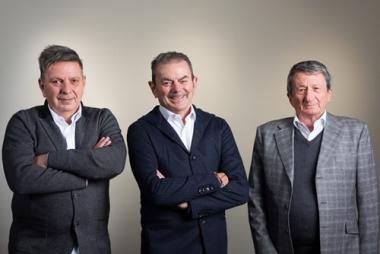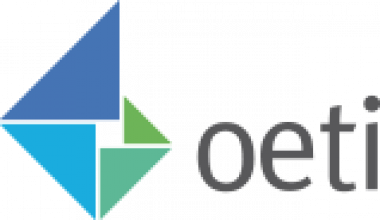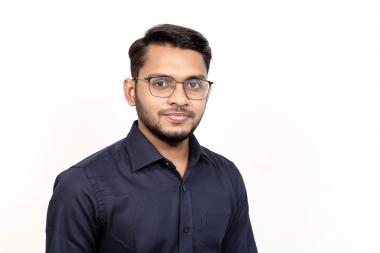James Heal: New Product Launch of the Titan Tensile Tester
UK-based textile testing solutions provider James Heal has launched two new instruments in its tensile and compression testing range, marking 25 years of innovation since their first Titan universal testing machine was developed in 1999.
Having seen sustained growth in the market for personal protective equipment (PPE), particularly safety workwear, equipment and footwear, James Heal designed the Titan 25 to meet demand for quality testing products that require higher capacity tests. In addition, the company has experienced increasing demand in testing solutions for wider sporting, industrial and transportation applications, which also influenced the decision to develop higher capacity test instrumentation.
The new Titan 25 is the highest capacity universal testing machine to join the range capable of tests up to 25kN, while the 10kN Titan 10 has been newly refined. The new instruments offer efficiencies through automation, quick change connections for tooling with compatibility across the range, upgraded software, plus enhanced safety features.
These dual column instruments enable testing on larger specimens across a wide range of tensile and compression tests. Load cells from 100N to 25kN allow testing to as low as 2N giving laboratories maximum flexibility and return for their investment.
Simple to use, the new Titan testers have over 750 pre-loaded standard procedures in the TestWise software, with the option for users to customise and save their own standards. The software automatically sets parameters for each selected test, reducing set up time and eliminating user error.
James Heal








